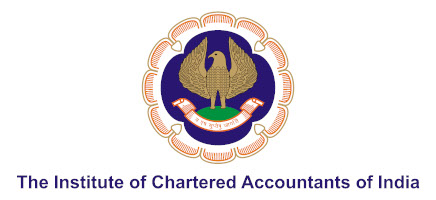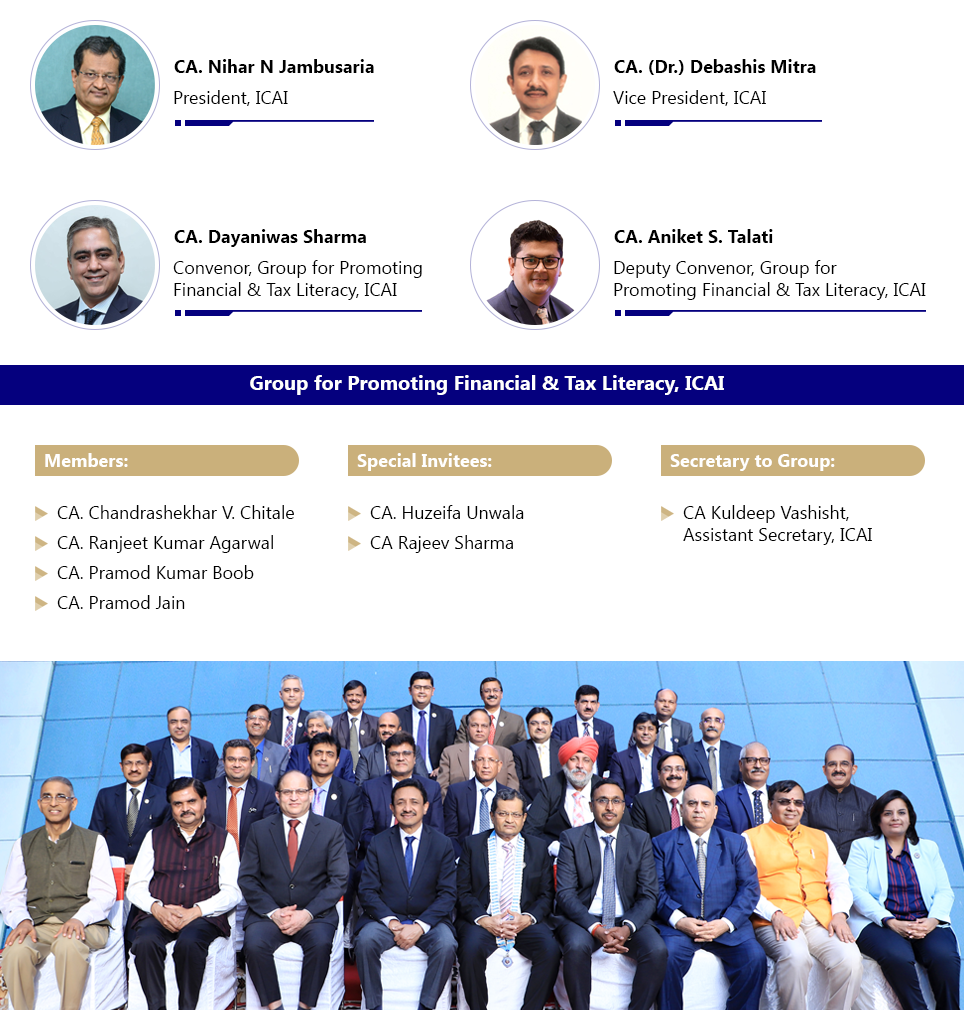1. How does the Government collect Income-tax?
Taxes are collected by the Government through three means:
- voluntary payment by taxpayers into various designated Banks. For example, Advance Tax and Self-Assessment Tax paid by the taxpayers,
- Taxes deducted at source [TDS] and
- Taxes collected at source [TCS].
It is the constitutional obligation of every person earning income to compute his income and pay taxes correctly.
2. What is self-assessment tax?
Self-Assessment Tax(SAT) means the amount that an assessee pays on the requisite income after deducting Advance Tax and TDS/TCS for the given financial year. Individuals who are required to file their income tax returns are liable to pay their SAT beforehand.
3. What is Advance Tax?
Advance tax in India is a system of paying income tax in instalments during the financial year, rather than making a lump sum payment at the end of the year. It is a method of regularizing tax payments to the Government. Taxpayers, including individuals, companies, and other entities, are required to estimate their total income and calculate the applicable tax liability. They then pay the tax in instalments based on prescribed due dates set by the income tax department. Advance tax helps in the timely collection of tax revenue by the Government and assists taxpayers in managing their tax obligations more effectively.
4. How to deposit Self-Assessment Tax or Advance tax to the credit of Government?
Self – Assessment Tax or Advance Tax is to be deposited to the credit of Government by using the challan prescribed in this behalf, i.e., ITNS 280. The Challan can be downloaded from www.incometaxindia.gov.in. Tax can be paid in the designated banks through two modes, viz., physical mode, i.e., cash/cheque or e-payment mode.
5. What is TDS?
TDS stands for tax deducted at source. Tax is required to be deducted at source by a person who is required to make payment and the amount deducted at source is to be remitted into the account of the Central Government. As per the Income-tax Act, tax is required to be deducted at source on certain income such as salaries, rental income dividend, interest, professional fees, commission etc., if the payment exceeds certain threshold limits.
6. What is TDS return?
Every person responsible for deduction of tax at source is required to furnish quarterly statements of Tax deducted at source.
7. What is TCS?
TCS stands for Tax Collection at Source. Seller of certain goods is responsible for collecting tax at source at the prescribed rate from the buyer. Section 206C of the Income-tax Act mentions the list of goods on which the seller should collect tax from buyers.
8. In the Challan there are terms like Income-tax on companies & Income-tax other than companies. What do they mean?
The tax that is to be paid by the companies on their income is called as corporate tax, and for payment of same in the challan it is mentioned as Income-tax on Companies (Corporation tax). Tax paid by non-corporate assessees is called as Income-tax, and for payment of the same in the challan it is to be mentioned as Income-tax (other than Companies).
9. How to calculate my tax liability?
You can calculate your tax liability by visiting the official website of Income tax department or visiting the given link:
https://incometaxindia.gov.in/pages/tools/tax-calculator.aspx
10. What are the precautions that I should take while filling-up the tax payment challan?
While making payment of tax, apart from other things, one should clearly mention following:
- Head of payment, i.e., Corporation Tax/Income-tax (other than companies)
- Amount and mode of payment of tax
- Type of payment [ i.e., Advance tax/Self-assessment tax/Tax on regular assessment]
- Assessment year
- Permanent Account Number allotted by the IT Department.
11. What is tax refund?
If you have paid more taxes than you were required to pay, you can claim the additional amount as income tax refund. If the taxes paid (either by way of Advance Tax or TDS or TCS or Self-Assessment Tax) is more than the actual tax amount due, then the excess tax paid can be claimed as refund.
12. How can I check the status of payment of tax which are made through a bank physically?
The NSDL website provides online services called as Challan Status Enquiry. One can also check the tax credit by viewing Form 26AS from the e-filing account at
https://www.incometax.gov.in/iec/foportal/
Form 26AS will also disclose the credit of TDS/TCS in one’s account.

